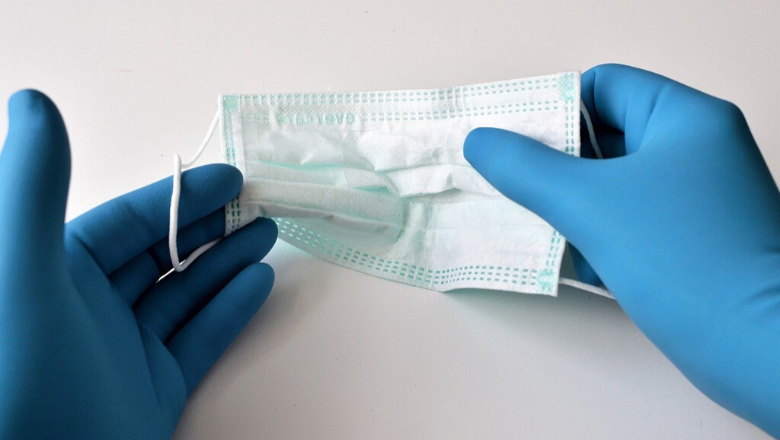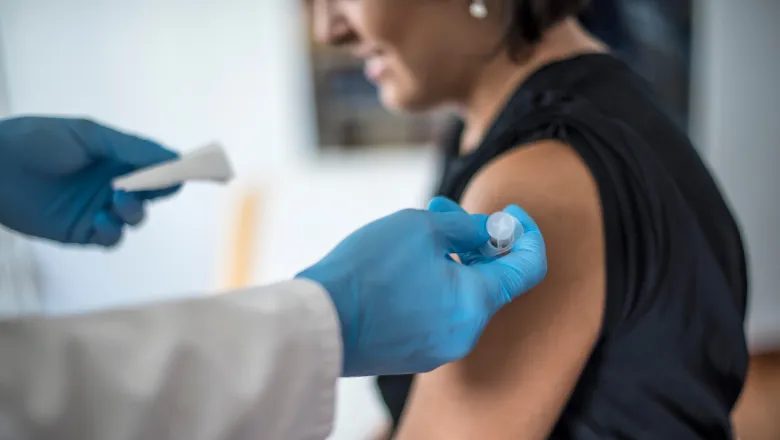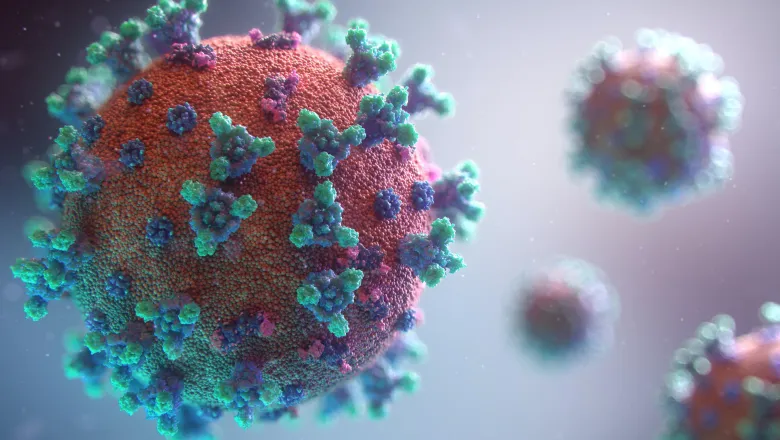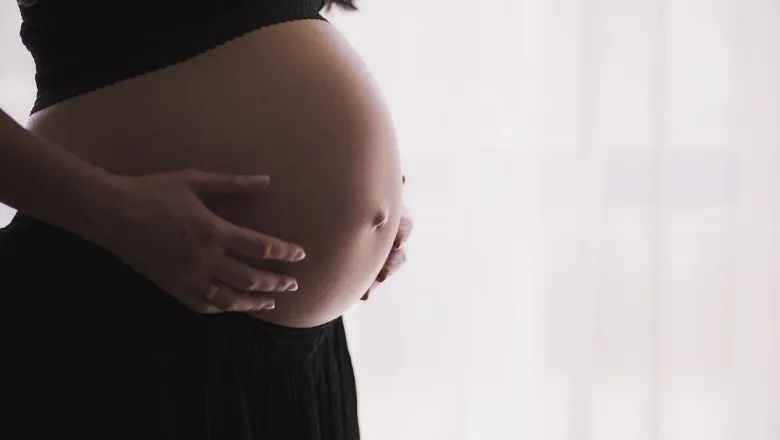
Dr Marc Modat
Reader
Research interests
- Biomedical and life sciences
Contact details
Biography
Marc Modat is a Reader in the School of Biomedical Engineering & Imaging Sciences at King's College London. He is an expert in medical image registration and the main developer of NiftyReg, an open source software for efficient image registration. Over the years, Marc has been developing numerous techniques for registration including near real time registration, biomechanically constrained model or symmetric and invertible diffeomorphisms. He has also developed application-tailored algorithm for surgical guidance, both for brain and musculoskeletal interventions. NiftyReg is currently used in large scale clinical research studies as well as in clinical trials.
His research interests include, amongst others, the development of novel imaging biomarkers, especially for monitoring the elderly brain, using magnetic resonance imaging or positron emission tomography. He is also involved in the development of algorithmic tools for surgical planning and surgical guidance, using model-based and machine learning approaches. Marc is also involved in the setup and deployment of data analytics platforms, which encompass secured data transfer, storage and automated processing. Such platforms are currently used for large scale international clinical studies.
News
FoLSM researchers featured in 2023 Highly Cited Researcher List
Academics from the Faculty of Life Sciences & Medicine have been named on the annual Highly Cited Researcher 2023 list from Clarivate

Three types of long-COVID for people experiencing symptoms for 12 weeks or more
New research shows at least three distinct ‘types’ of long covid for people experiencing symptoms for 12 weeks or more.

Pfizer vaccine reduces the risk of COVID-19 infection in children
A single dose of the Pfizer vaccine reduces the risk of COVID-19 infection in children, new research has found. Data also showed a single dose made infection...

Double vaccination halves risk of Long COVID
Adults who have received a double vaccination are 49% less likely to have Long COVID should they contract a COVID-19 infection.

Early COVID-19 symptoms differ among age groups, research finds
Symptoms for early COVID-19 infection differ among age groups and between men and women, new research has found.

Changes should be made to routine scans for brain tumours, say researchers
A new Position Statement from UK stakeholders highlights evidence gaps for routine follow up brain tumor imaging, but paves the way for evidence-based imaging

Healthy pregnant women do not fall more seriously ill from COVID-19
A new pre-print study by King’s shows that healthy pregnant women do not differ in how severely they are likely to fall ill from COVID-19 compared with...

News
FoLSM researchers featured in 2023 Highly Cited Researcher List
Academics from the Faculty of Life Sciences & Medicine have been named on the annual Highly Cited Researcher 2023 list from Clarivate

Three types of long-COVID for people experiencing symptoms for 12 weeks or more
New research shows at least three distinct ‘types’ of long covid for people experiencing symptoms for 12 weeks or more.

Pfizer vaccine reduces the risk of COVID-19 infection in children
A single dose of the Pfizer vaccine reduces the risk of COVID-19 infection in children, new research has found. Data also showed a single dose made infection...

Double vaccination halves risk of Long COVID
Adults who have received a double vaccination are 49% less likely to have Long COVID should they contract a COVID-19 infection.

Early COVID-19 symptoms differ among age groups, research finds
Symptoms for early COVID-19 infection differ among age groups and between men and women, new research has found.

Changes should be made to routine scans for brain tumours, say researchers
A new Position Statement from UK stakeholders highlights evidence gaps for routine follow up brain tumor imaging, but paves the way for evidence-based imaging

Healthy pregnant women do not fall more seriously ill from COVID-19
A new pre-print study by King’s shows that healthy pregnant women do not differ in how severely they are likely to fall ill from COVID-19 compared with...

